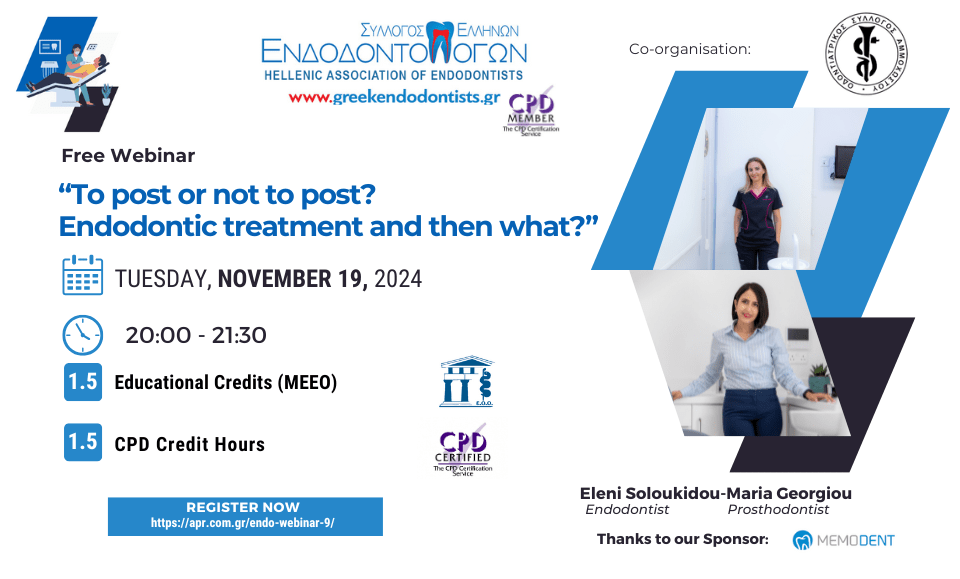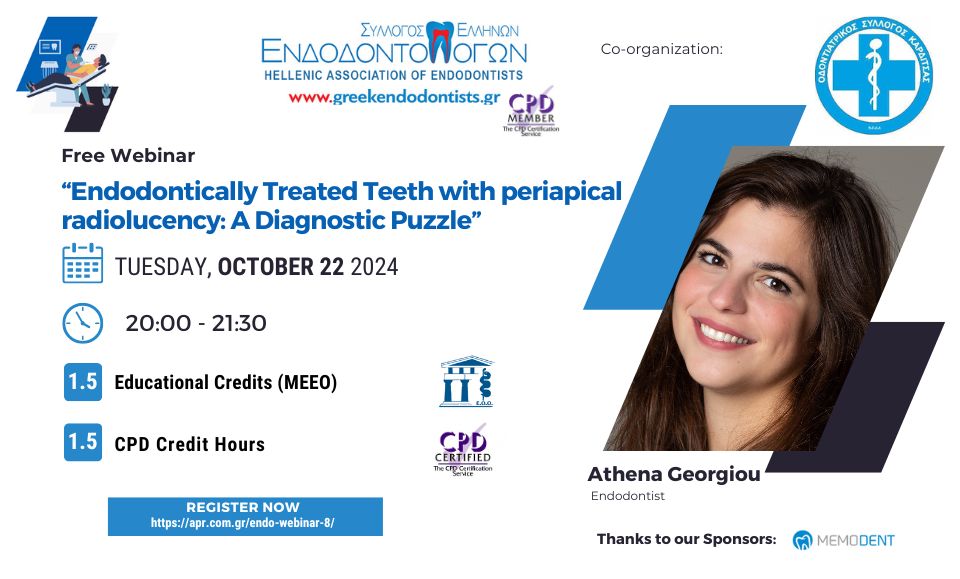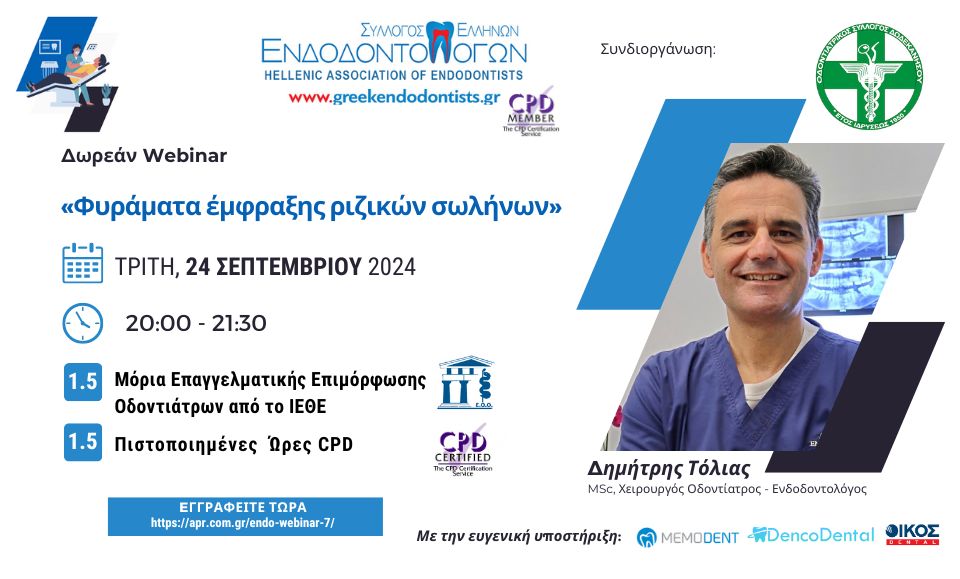Bioactive materials in pathological pulp lesions of primary and immature permanent teeth
Informations
Dear Colleagues, Our next webinar is scheduled for Wednesday 31/03/2021 at 20:00. During this webinar our speaker, Endodontist Andreas Agouropoulos will be covering the topic “Bioactive materials in pathological pulp lesions of primary and immature permanent teeth”. The Webinar is an organized by the Hellenic Association of Endodontists and delivers 1,5 CPD Credit Hour. The language of the webinar will be Greek.
Days
Hours
Minutes
Seconds
WEBINAR SPONSOR
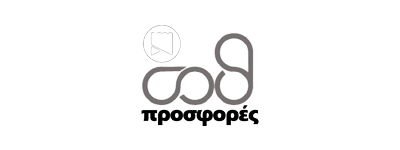

Abstract
Bioactive materials have recently emerged as a very promising new group of materials with enhanced properties and better biological responses from the surrounding tissues. In dentistry, their main application is for management of pulp pathology. The aim of this presentation is to discuss: a) the mechanism of action b) the scientific documentation for the clinical use of bioactive materials in primary and young permanent teeth and c) their application in daily clinical practice.
Bioactivity is the property of a material to promote the formation of an apatite-like compound when immersed in simulated body fluid for a specific time period. Although bioactivity is an important part of the material’s properties, its clinical performance remains paramount for its use in dental practice. To date, the classic MTA is the material that has been used mostly for vital pulp therapy (indirect and direct pulp capping, pulpotomy) and for endodontic treatment in teeth with incomplete root formation. Numerous other materials (BioAggregate, Biodentine, BioRoot RCS, calcium-enriched mixture cement, Endo-CPM, Endocem, EndoSequence, EndoBinder, EndoSeal MTA, iRoot, MicroMega MTA, MTA Bio, MTA Fillapex, MTA Plus, OoMTA, NeoM Quick-Set, RetroMTA, Tech Biosealer and TheraCal LC) are reported to have similar properties to MTA without its drawbacks. Existing studies on the use of these materials show good results but it must be noted that several of them have methodological shortcomings. Their use in children, adolescents and young adults has impressive results, however the choice of the materials and the techniques used should always follow international protocols.
Short CV
Andreas Agouropoulos
Dr. Andreas Agouropoulos is Assistant Professor at the Department of Paediatric Dentistry, National and Kapodistrian University of Athens, Greece. He received a Certificate in Paediatric Dentistry from Tufts University, School of Dental Medicine, Boston, USA and a M.Sc. Degree and PhD in Oral Biology from the University of Athens.
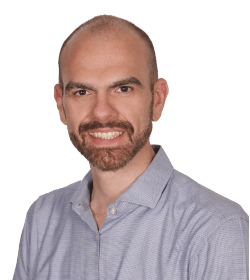
Since 2003 he is also working in private practice limited to Paediatric Dentistry. His research interest and work is focused in epidemiology, oral biology, clinical research in healthy and patients with special needs, caries risk assessment and evidence based clinical guidelines development. He is former Secretary General and member of the Board of the Hellenic Society of Paediatric Dentistry, former Member of the Membership Committee and current member of the Education Committee of the International Association of Paediatric Dentistry (IAPD). He has participated as a speaker in national and international congresses, has published several articles and he has received international awards for his work.

